Archive for the ‘Cultural Studies’ Category
Entry 1271 — My CV As A Scholar
Saturday, November 16th, 2013
I’m a longtime member of the National Coalition of Independent Scholars. As such I was recently asked for an up-to-date CV. To get out of hunting up my most recent one and updating it, I sent the guy asking for it to the Wikipedia entry on me, remarking that it emphasized my career in poetry but that there was a fair amount pertaining to my career as a (very independent) scholar. He wrote back to assure me I was well-qualified to continue my membership but suggested I put together a CV concerned only with my scholarly career. That appealed to me, for it would, for one thing, allow me to babble a bit about what I think a scholar is. So here are a few random thoughts:
There are two kinds of scholars–no, make that there is a continuum of scholars reaching from the wholly academic to the wholly non-academic. The ones at or near the wholly academic end tend to deny the existence of those at or near the other end. I consider a scholar to be anyone, regardless of academic qualifications, who seriously works toward an understanding of documents through the use of logic and without recourse to the supernatural on what is explicitly in those documents. By “seriously,” I mean in sufficient earnest to have written at least one article of 5000 or more words on his understanding of some aspect of his subject. Whether the article is right or coherent should be disregarded. That’s because they have nothing to do with what an article, only with its value. I’m all for rating that, and assigning a given scholar a place in his field on the basis of his work’s value. Hence, almost anyone can be a scholar, but only a few can be good scholars.
Thinking about the kinds of scholars further, I came up with what I think is an improved short taxonomy consisting of three categories: thinkers, commentators and academics. Every scholar will almost certainly be partly each of these, but how much of each will vary a good deal. To the degree a scholar is an academic, he will gather facts from a study of first sources, citing their origin, and organizing them. To the degree a scholar is a commentator, he will act as a sort of journalist, reacting to academic results with thoughts about it and its ramifications an interactions with other academic results related to it. To the degree a scholar is a thinker (and I feel very few are), he will come up with large, risk-taking conclusions about the results of the other scholarship.
To the degree a scholar is a thinker, those scholars more academic than anything else will consider him unrigorous, faultily intuitive, unscholarly; to the degree a scholar is academic, those scholars more thinkers than he would tend to find his work unimaginative, pedantic and minor. But the work of those scholars mainly academics work will form the basis of all the best understanding of whatever it is the work has to do with, and the thinking of those scholars mainly thinkers will be what completes the task begun by the academics–with the commentators providing helpful clarifications and new points of view.
As for me, I consider myself a scholar in two different fields: literary studies (poetics & literary history) and theoretical psychology. I’m most well-rounded in what I consider the field of poetics, which for me consists of practical criticism of poetry with its academic reliance on poems, and their taxonomic classification, and scholarly commentary thereon, coupled with the higher “insights” gained almost entirely from scholarly thinking about poetic creativity and the aesthetic aims of poetry. As a theoretical psychologist, I am almost entirely a thinker, unless introspection and contemplation of others are considered research.
My CV as a Scholar of Literary Studies
Positions Held
- Columnist for Lost and Found Times, 1994 to 2005
- Contributing Editor for Small Magazine Review, 1993 to present
- Contributing Editor for Poetic Briefs, 1992-1997
- Columnist for Factsheet Five, 1987-1992
Publications I’ve Had Essays in
Score, Modern Haiku, The Experioddicist, American Book Review, a critical essay (on contemporary minimalist poetry) on-line at Karl Young’s light&dust website, 3 entries in The Facts on File Companion to 20th-Century American Poetry (2005), numerous entries in Dictionary of the Avant Gardes (Schirmers, 2000), a critical study of visual poetry as an introduction to Visual Poetry in the Avant Writing Collection (The Rare Books and Manuscripts Library, The Ohio State University Libraries, 2008), 16 monthly blog entries at the Scientific American website consisting of critical studies of mathematical poetry (2012-2013) and an introduction to Shadow of the Future, an Anthology of Otherstream Poetry (Argotist EBooks, 2013).
Books
- Of Manywhere-at-Once (memoir/criticism/literary history), The Runaway Spoon Press, 1990, 1991, 1998.
- From Haiku to Lyriku, (study of haiku), The Runaway Spoon Press, 2007.
- A Preliminary Taxonomy of Poetry, The Runaway Spoon Press, 2011.
My CV as an Uncertified Theoretical Psychologist (i.e., not to be taken seriously)
Essays
Numerous self-published essays at my blog, poeticks.com, including “An Essay on Creativity,” “Mistakes, Dreams and Creativity” and “The Urceptual Crew,” which are among the blog’s “Pages.”
Books
- Preliminary Rough Draft of a Total Psychology (theoretical psychology), privately published, 1967.
- Shakespeare & the Rigidniks: A Study of Cerebral Dysfunction, Runaway Spoon Press, 2006.
Professional Affiliations: Member, National Book Critics Circle, National Coalition of Independent Scholars
.
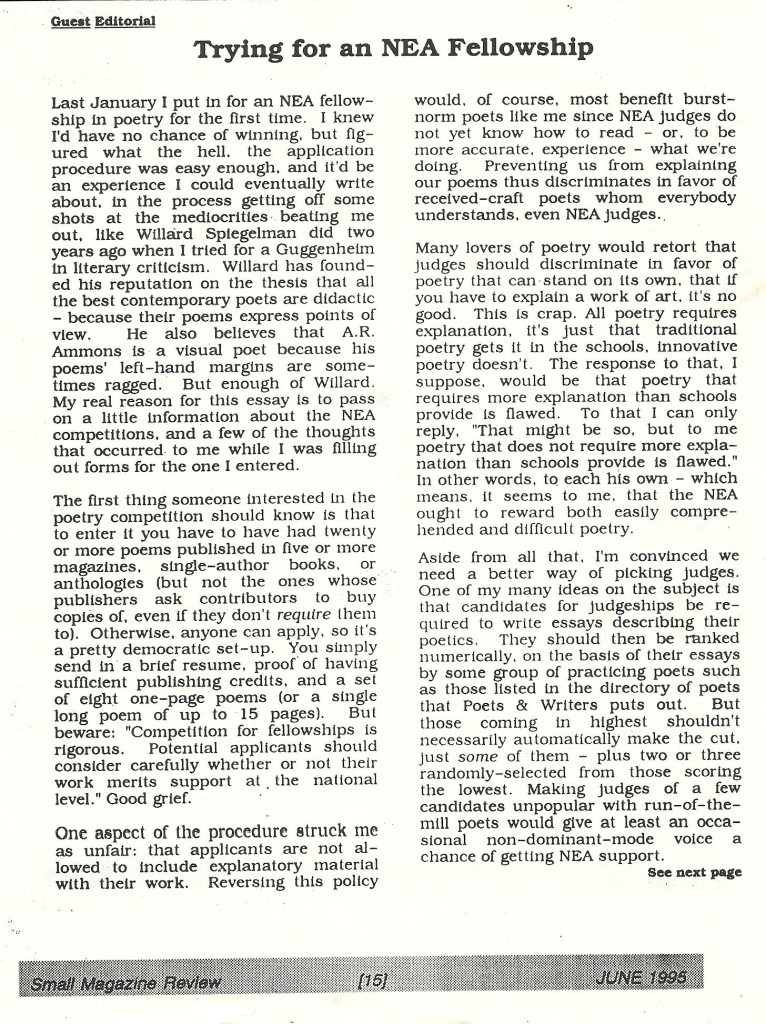
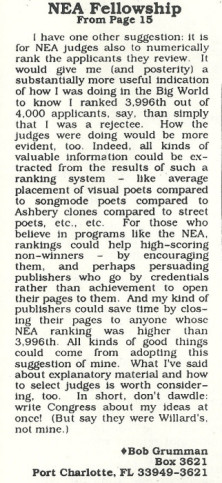
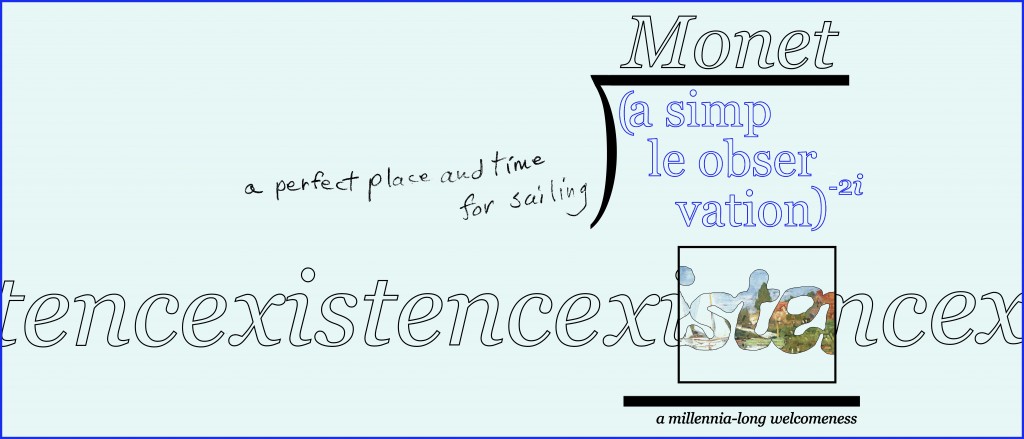
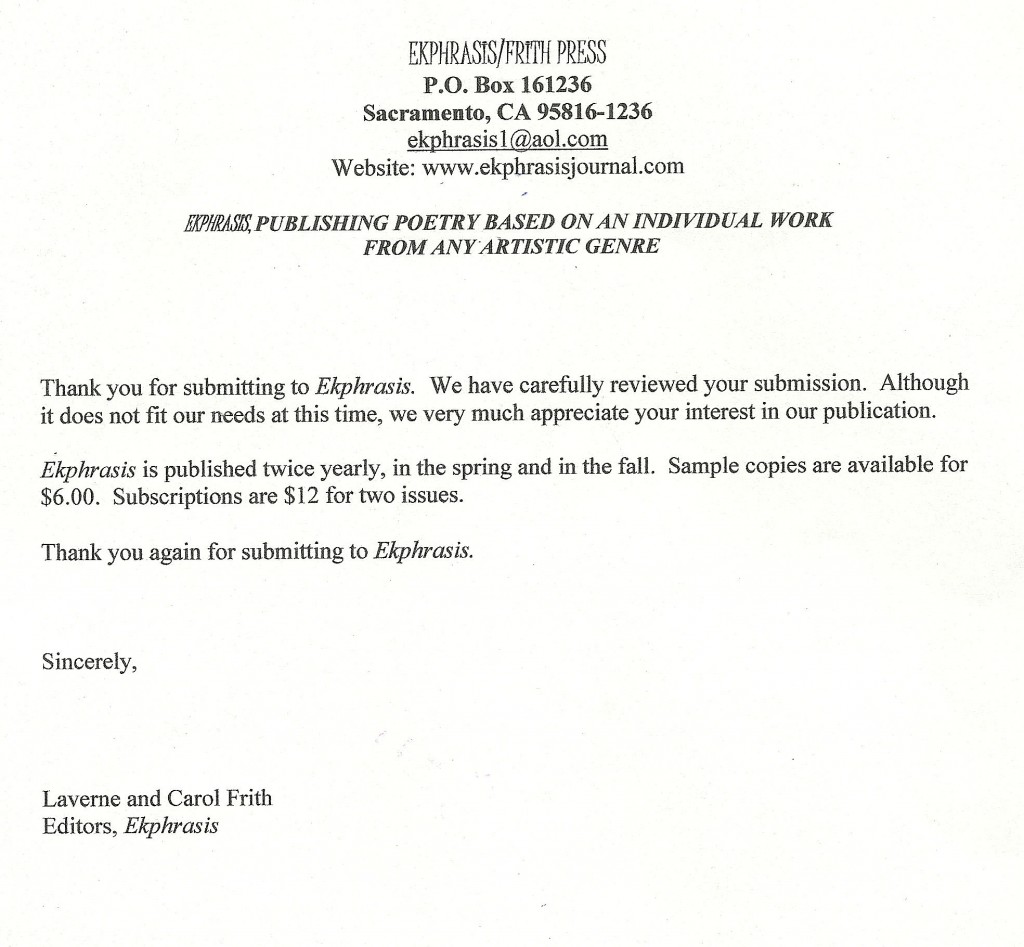 .
.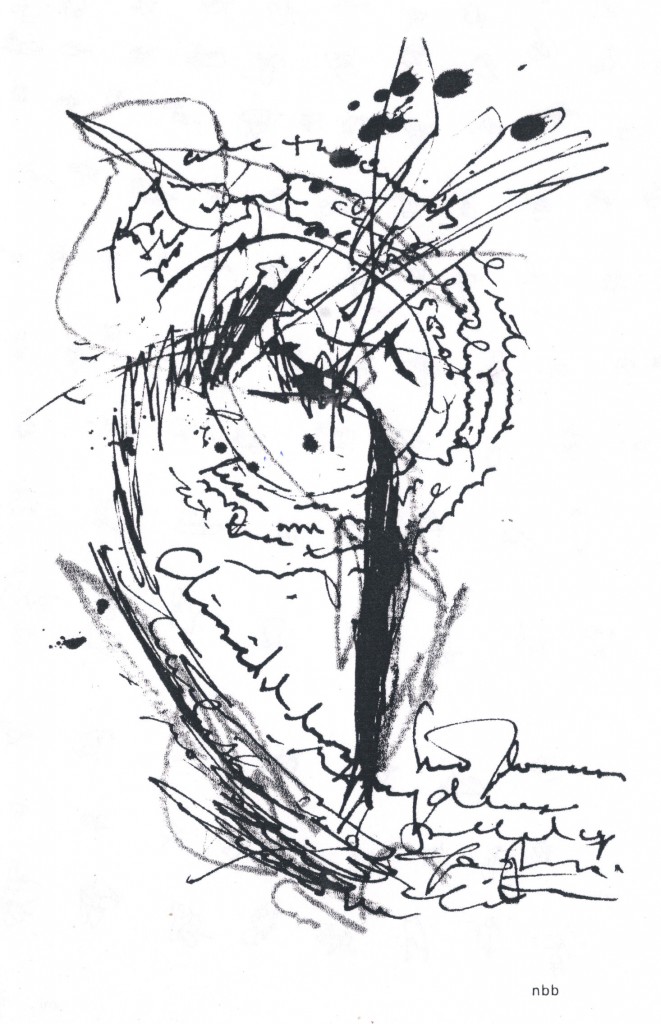

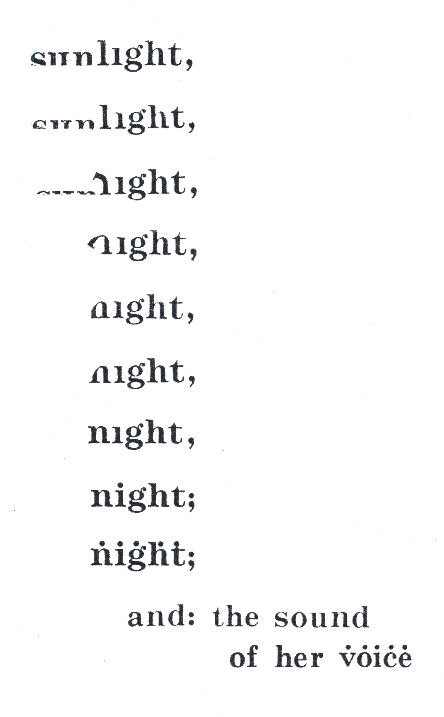
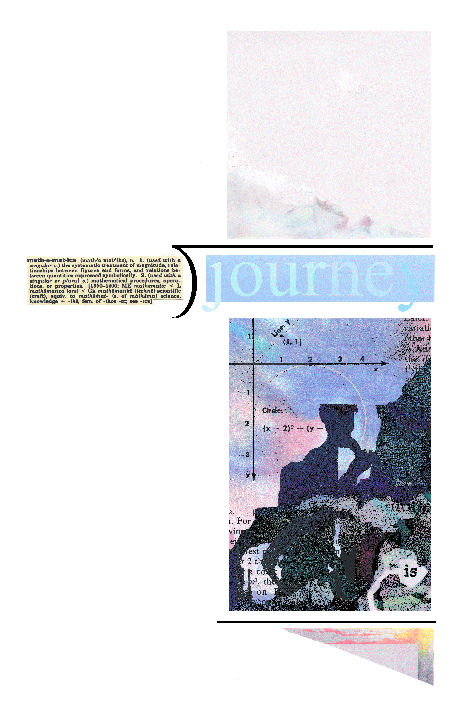


Good news. Congratulations, Bob!